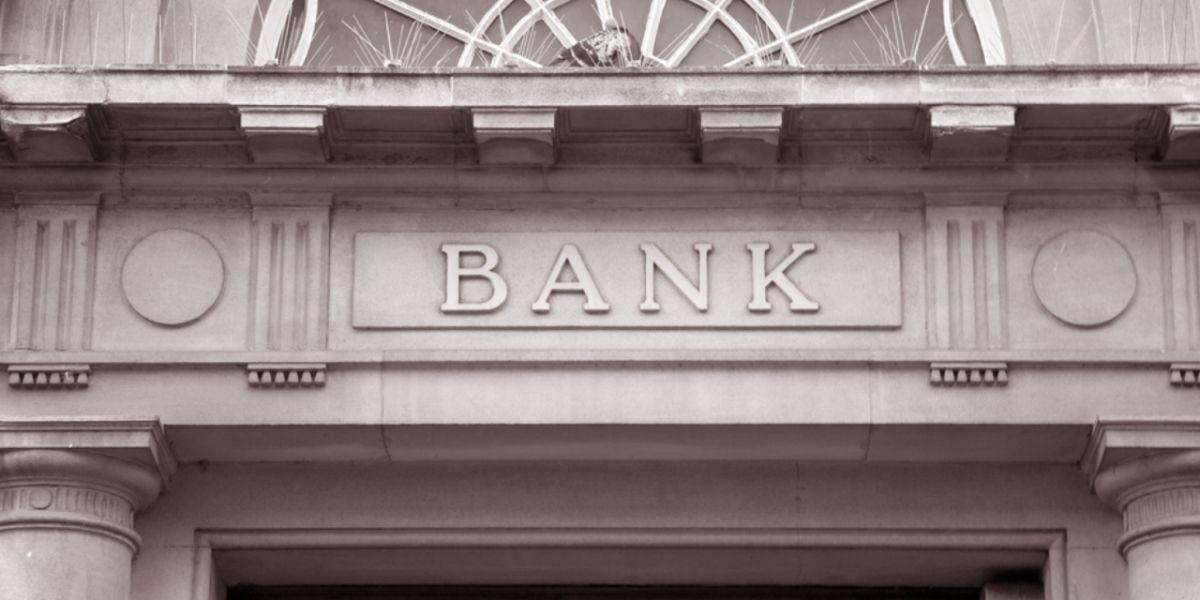
According to the Expat Explorer survey conducted by HSBC in 2021, Malaysia ranks 26th in the world for expats, thanks to its economic prospects and quality of life. If you are retired, working or studying in Malaysia, you will need a local bank account not only to receive your salary or pension but also to pay your rent and cover your fees and expenses.
Most banks allow expatriates to open a savings, current, or combined account in Malaysia. Even foreigners who do not have a visa or work permit in Malaysia are allowed to open and manage a savings account and/or current account, provided they meet the bank's terms and conditions. Most of the time, they will need to provide more documents for their application to be accepted.
Most banking institutions will provide you with a debit card when you open your account. If you also want a credit card, you may need to provide additional documentation, such as proof of income or a letter from your employer.
Terms, services, and fees can vary widely from bank to bank. It is, therefore, a good idea to compare the services offered by different banks to determine which one best suits your needs. If you have specific questions, you can also contact the Association of Banks in Malaysia (ABM).
Choosing a bank
Malaysia has a strong network of local and international banks, and opening a local account is usually done by simply visiting a bank and presenting the required documents. The staff should then be able to open an account quickly and issue you with a basic ATM card. Read the terms and conditions carefully when considering opening such an account, as bank charges and withdrawal fees can vary and add up considerably. Some Malaysian banks also require a minimum balance or income to be operational. Another challenge for expats can be transferring money between accounts with different currencies, as some banks may charge you for such transactions and use a disadvantageous exchange rate. So, take the time to consider which account will best suit your needs and lifestyle.
Local banks are more common and accessible in smaller towns than international banks. The two most popular Malaysian banks you can consider are Maybank, the largest commercial bank in Malaysia, and CIMB, which has thousands of branches and millions of customers. Other banks include Public Bank Berhad, AmBank, RHB Bank, Affin Bank and Alliance Bank Malaysia Berhad. There are also a few Islamic banks, such as Bank Islam IB.
Most banks offer online banking. Some may be transaction-limited, and you should do your research before making any major decisions.
It is also possible to open a local bank account online. For example, Maybank and CIMB offer services that can be arranged without having to personally visit a branch. To open these accounts without having to travel, you must however already have an account with this bank, such as a professional account for example. If a member of your family has an account there, some banks may also accept your request. Those who do not yet have an account can also complete their application form online but will either have to go to a branch afterward to formalize the opening of their account or take steps by telephone with a bank official.
However, for most expats who wish to open a bank account before moving, the best option is to open an account with an international bank operating in Malaysia. Fortunately, many international banks operate in major cities in Malaysia. The most popular foreign banks are HSBC, CitiBank, Royal Bank of Scotland and Standard Chartered Bank. For example, HSBC bank offers a lot of benefits to foreigners, with its expat banking service allowing you to keep accounts in multiple currencies and transfer money abroad.
Procedures
If you are under 50, you must make a mandatory deposit of RM500,000 at any banking institution in Malaysia to participate in the Malaysia My Second Home (MM2H) scheme. If you are over 50, this amount increases to RM350,000. Many banks will be happy to help you open an account if you join this program and meet the financial requirements.
Likewise, if you have a time-limited work permit, most Malaysian banks will also be willing to help you. The documentation required to open a bank account in Malaysia is not fixed by law, so each bank has its own conditions. As an expat, you will usually need to present a reference from your company, or a reputable Malaysian contact, as well as your work permit or other documents proving your right to be in Malaysia.
You will normally need the following documents to open an account, but this may vary depending on the bank you choose:
- Your original passport.
- Proof of your right to be in Malaysia (e.g. work permit, MM2H visa);
- You may be asked for details of your employment, such as a letter from your employer or proof of business activity in Malaysia.
- Passport photograph.
- Proof of address.
- Recent payslips.
- Minimum deposit amount (depending on the bank and the type of account you open).
If you don't meet all of the above requirements, don't be discouraged and talk directly to a bank official, who may have other suggestions.
Good to know :
Some banks may ask to register your fingerprints for biometric identification needs, in particular those which offer a Mobile Banking service such as CIMB Bank.
Useful links:
We do our best to provide accurate and up to date information. However, if you have noticed any inaccuracies in this article, please let us know in the comments section below.











